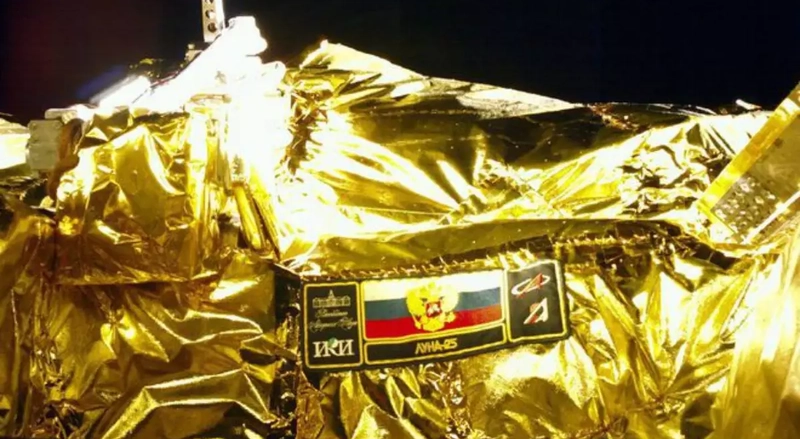“At least 19,000 people have been evacuated from Yellowknife in the past 48 hours,” Shane Thompson, environment minister for the Northwest Territories, of which Yellowknife is the capital, said Friday night.
According to AFP, 15,000 people fled overland, 3,800 were evacuated by air, and at least 300 firefighters were mobilized to put out the flames.
An AFP journalist on the scene noted that some of the displaced arrived Friday evening at the airport in Calgary, Alberta, about 1,750 kilometers south of Yellowknife, with small bags and sometimes with a pet.
At least 40 flights, carrying about 3,500 passengers from Yellowknife, have landed in Calgary, officials said, and the city has provided 495 hotel rooms for the displaced.
The province of British Columbia, about 600 kilometers west of Calgary, is also grappling with wildfires and had to declare a state of emergency on Friday.
The fires particularly affected West Kelowna (more than 30,000 residents), where a “significant number” of homes burned, according to authorities.
The Lake Okanagan Resort Hotel, which once hosted politicians such as former British Prime Minister Margaret Thatcher, is among the buildings destroyed by fire, as evidenced by photos circulating in local newspapers.
The situation is also critical across the Okanagan Lake in Kelowna (pop. 150,000), where the local University of British Columbia campus, home to more than 11,000 students, was placed under an evacuation order Friday night.
Airspace in the area has also been closed to aid aircraft firefighting efforts.
Canadian Prime Minister Justin Trudeau traveled Friday night to Edmonton, about 1,000 kilometers from Yellowknife, where he met people displaced from the north.
The country is experiencing a record period of wildfires this year: 168,000 people across the country and 14 million hectares – roughly the size of Greece – have been displaced, twice the record set in 1989.

“Hardcore alcohol maven. Hipster-friendly analyst. Introvert. Devoted social media advocate.”

